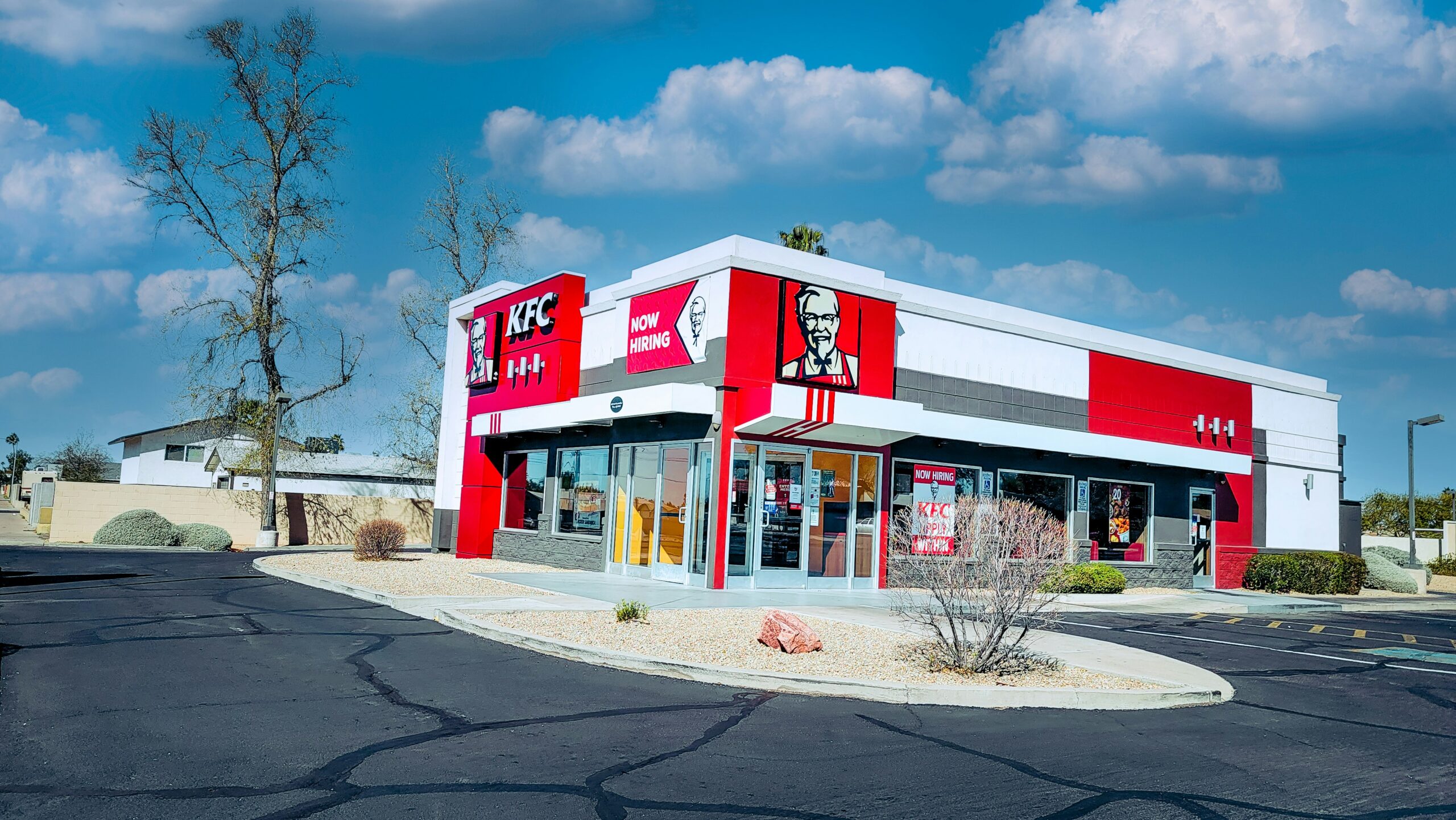Today, sustainability isn’t just a buzzword; it’s a vital approach that companies of all sizes are working to incorporate. As environmental awareness grows, businesses are under increasing pressure to adopt practices that are not only eco-friendly but socially responsible as well. In this new landscape, companies are tasked with balancing profit with purpose, finding ways to operate that benefit both the planet and society.
But what does sustainability really mean for businesses, and how can they navigate the challenges involved? Let’s take a closer look at the journey to greener corporate practices and why it’s more important than ever.
Why is Sustainability a Challenge for Businesses?
Sustainability in business goes beyond basic recycling programs or energy-saving policies. It means considering the entire impact of a company’s actions—from sourcing raw materials to delivering products and services to customers. The journey to sustainability can be complex, and many businesses face obstacles along the way.
One of the biggest challenges is choosing eco-friendly options that make sense for both the environment and the company’s operations. Finding sustainable materials, minimizing waste, and optimizing processes all require thoughtful decision-making. For example, a company may want to switch to sustainable packaging, but finding a suitable alternative that meets their budget and production requirements can be difficult. Companies are often caught in a balancing act, weighing environmental benefits against financial limitations.
Social expectations add another layer to the challenge. Today’s consumers expect more than just quality products—they want brands that stand for something meaningful. However, it’s not always easy for businesses to address complex social issues while staying focused on profitability. Balancing environmental goals with financial goals can feel like a tightrope walk, and many companies are still learning how to manage this shift effectively.
What Are the Opportunities in Going Green?
Despite these challenges, businesses that commit to sustainable practices often find unique opportunities for growth and brand loyalty. For one, reducing environmental impact can also be a smart financial move. By using fewer resources, cutting down on waste, and optimizing energy use, companies can save on costs over time. Sustainability often leads to operational efficiencies that not only benefit the planet but also contribute to a leaner, more cost-effective business model.
Building a positive image is another key advantage. Brands known for social responsibility can attract a loyal customer base that values ethical practices. When customers see that a company cares about environmental and social issues, they’re more likely to feel a personal connection with the brand. This positive reputation can make a business stand out, especially in competitive markets where consumers have endless choices.
Additionally, sustainable practices can attract ethical investors who are interested in supporting companies with responsible values. The rise of socially responsible investing has made it clear that investors are looking for businesses that prioritize sustainability. Companies with strong environmental and social goals may find it easier to secure funding as investors recognize the potential for long-term value and positive impact. These opportunities highlight how sustainability can open doors to new relationships and resources for growth.
How Can Businesses Take Action Toward Sustainability?
Transitioning to a more sustainable model requires thoughtful strategies and a commitment to long-term change. One effective approach is for businesses to adopt green technologies that help reduce their carbon footprint. Renewable energy sources, such as solar or wind power, and energy-efficient equipment can play a huge role in minimizing environmental impact. By incorporating these technologies, companies not only contribute to a cleaner environment but often save on energy costs in the long run.
Another key strategy is to implement ethical practices across the entire supply chain. From sourcing materials to manufacturing processes, every part of a product’s journey offers a chance to make responsible choices. For instance, businesses can ensure that they source raw materials from suppliers who follow sustainable practices, such as fair labor conditions and environmentally friendly farming. Ethical supply chains are not just about meeting standards—they’re about building a system that reflects the company’s commitment to responsible practices.
Engaging in community initiatives is another impactful way for companies to demonstrate their dedication to social responsibility. By getting involved in local projects or supporting charitable causes, businesses show they care about more than just profits. This kind of involvement can strengthen a company’s ties to its community, making it a trusted part of the local landscape. Community projects give companies a way to give back, creating a positive impact that resonates with both employees and customers.
Conclusion
As the world becomes more focused on sustainability, businesses are finding that they must adapt to meet new expectations. Sustainable business practices are more than just a trend; they are a necessary shift towards a future where companies are accountable for their impact on both the environment and society. By embracing eco-friendly choices, supporting social causes, and finding a balance between profit and purpose, businesses can help build a more responsible and resilient world.
For companies willing to take this journey, the benefits are clear. From operational savings and customer loyalty to positive brand image and investor interest, sustainability is a path to lasting success. In the end, sustainable business practices aren’t just good for the planet—they’re good for business, ensuring a future where companies thrive while making a difference. It’s a journey worth taking, one that leads to a brighter, greener future for everyone.
Published by: Martin De Juan






